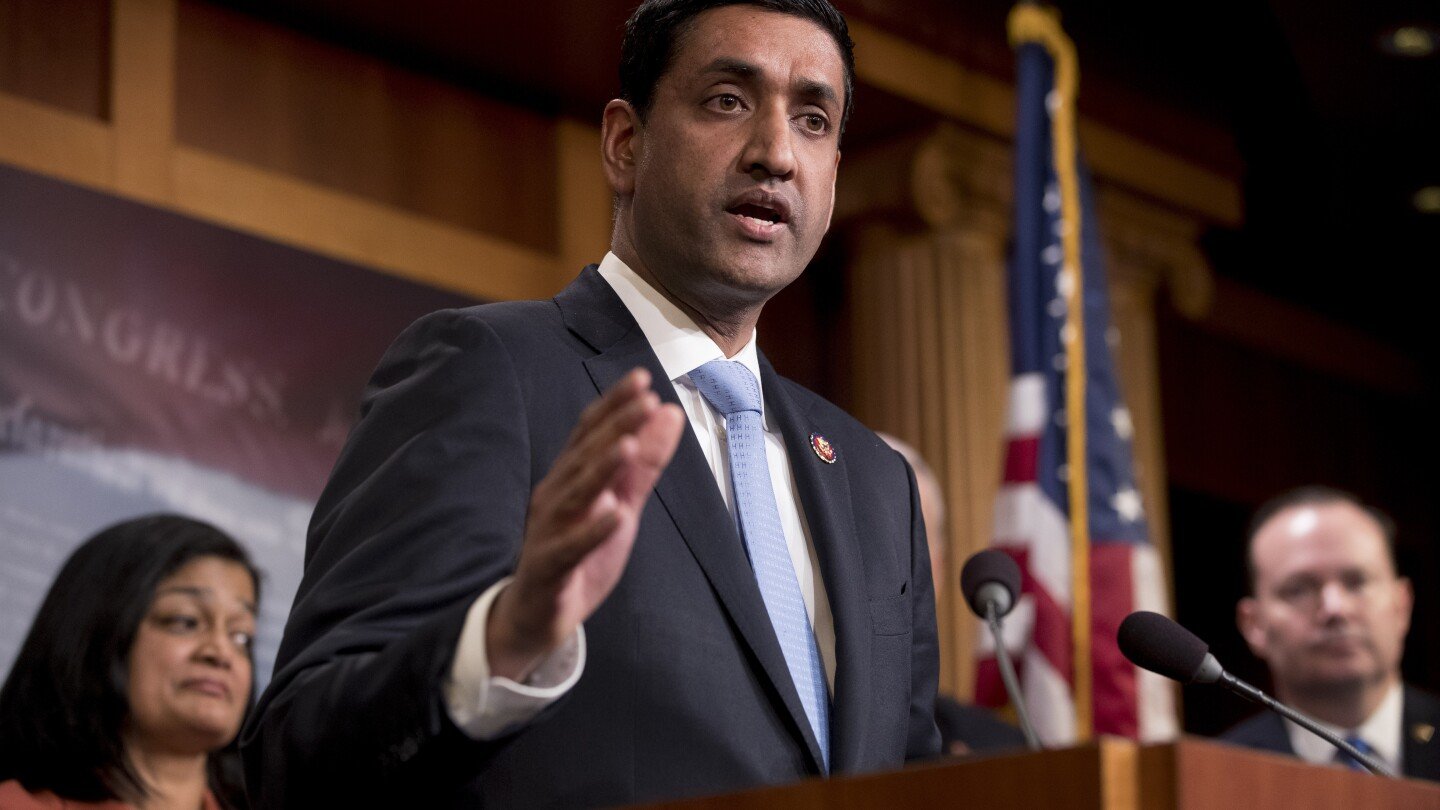- cross-posted to:
- politics
- cross-posted to:
- politics
flash forwards 1 week into the future
Aaaaaaaaaaand the bill is dead.
A bill being introduced is about as useful as knowing that girl who sat next to you on the subway has a tramp stamp after she got up and left the car. It doesn’t do anything, nobody is going to talk about it, and odds are you’ll never see her again. But you can talk to the people on the car about how that girl had a tramp stamp… of course most of them want nothing to do with your conversation, they have their own agendas and goals and really couldn’t care less about some rando’s tramp stamp.
Until the bill has passed at both the senate and the house and is signed off on, you never know how it’ll actually end up. These things get destroyed in committees or warped into something completely different than the original intention almost always anyway. I don’t know if I have ever seen a bill survive without any changes, I really don’t think so.
I care about her.
She was hot, but her face…
Still interested.
Aaaand Blackrock make 17 million LLCs.
deleted by creator
Fugggg
deleted by creator
Raise taxes? Make it fucking illegal for a corporation to own a single family home.
So long as trusts can still own homes I’m good.
deleted by creator
But corporations are people, do you not want people to own homes?
deleted by creator
That would make things pretty hard for builders.
Yea, but something that could be easily worked around. Corporations must list single family dwellings for sale within X amount of time construction completes. Corporations are forbidden from renting out single family dwellings.
I’d like to see ongoing tax hikes for unoccupied homes. If you don’t get a renter in there, or you don’t sell it, you pay. Put an end to these corporations buying up large swaths of America during a crisis and then sitting on the empty houses because they can afford to.
Many countries have this problem, not just the us. There’s a few places where they are trying a vacant home tax, like France and Vancouver.
One good thing that France does, is only apply the tax in towns where there is a actual housing shortage, otherwise it would probably end with people tearing down empty homes to not have to pay taxes on them.
Let’s take it step by step:
-
penalty tax the shit out of any owned housing (house or apartment) that stands empty more than 3 months (cumulative) out of a year. Some provision might be put in place for a house or unit under development or repair, which could only be used once every 5 or 10 years per property, regardless of owner. That works against the millions of uninhabited homes that drive up scarcity. It might also peck away at some of that AirBnB-filled places with no places to live (like where I live) in seasonal tourist areas. And it will give property owners incentive to lower prices to make sure they get tenants in (so they don’t incur penalties).
-
Tax incrementally based on homes/buildings owned, similar to graduated income tax. Own a home with multiple units (and rent out the other units)? You’re good (as long as they are occupied 9mo+ out of the year). Own a second home that you are renting out? Pay a bit more in taxes than your primary home. Own 20 homes? Good look profiting on that.
- Well, let’s see where that gets us, first.
We have a vacancy tax in Vancouver. It works alright but could be better.
https://vancouver.ca/files/cov/vancouver-2021-empty-homes-tax-annual-report.pdf
For #2 in my area people already pay a decent amount more in property taxes if they don’t live in the property. Also companies (and even individuals) usually makes new LLCs for each building they own for liability reasons, so it would have to include a provision for calculating who owns all the LLCs.
-
It’s about time! But this is not enough. It needs to be a large tax if it’s going to deter them at all, by impacting their cost/benefit ratio, and not just be a token “cost of doing business” fee. More importantly, it shouldn’t just be on the purchase of the house – it should be an annual extra property tax for as long as they hold the property, large enough that charging higher rent wouldn’t cover it or be competitive in the rental market.
The idea is to disincentivize corporations from buying up and owning up all the housing. Another idea is that the more single family properties they own, the higher the tax is.
All this does is raise the cost of the homes, and therefore the rent charged by the owners to make it profitable.
Howso? Genuinely curious
It’s a pretty simple A>B consequence. If the house is being bought to make a profit on rent, then raising the cost of the house means increasing the cost of the rent. The buyer will have calculated how much rent to charge to make a profit in a given timeframe. None of these businesses is going to buy a house for more money and purposely choose to reduce their profit.
deleted by creator
paywall
Won’t that just make it so they pass the cost of those taxes onto homebuyers & renters?
the tax doesn’t apply to individuals buying a house to live in.
Right, but they would add the cost to the price of the house when they sell. The corp bought the house for say $500k + $50k tax, so they would sell it for more than $550k, so even if you don’t have to pay a tax as an individual, they would just add the cost of it to the base cost of the house.
Sell? Ha! They buy houses then rent them out for significantly more than they pay in mortgage (or than what the mortgage cost would be if they didn’t buy in cash). There’s no financial incentive for them to sell houses for a one-time payment when they’ll just be a lot of free money indefinitely.
If the loan costs less than what they could make on some other investment. They’ll have mortgages.
But if the loan with a dozen or more homes all together as collateral gives a better rate then they’ll pay cash and do that while using the income to pay that loan back.
They leverage tons of different equity to have higher working capital. More money means more profits.
Possibly, but I think the idea is to get them to sell it to an individual right away rather than sit on a vacant property and eat the tax bill in the hope that they can pass on the costs to other prospective buyers in the future. If them raising the cost pushes people out of their affordability range, they’d lose money in the long term and depress the housing market overall if they refuse to play ball, potentially causing the bubble we’re in to pop leaving them stuck holding the bag.









